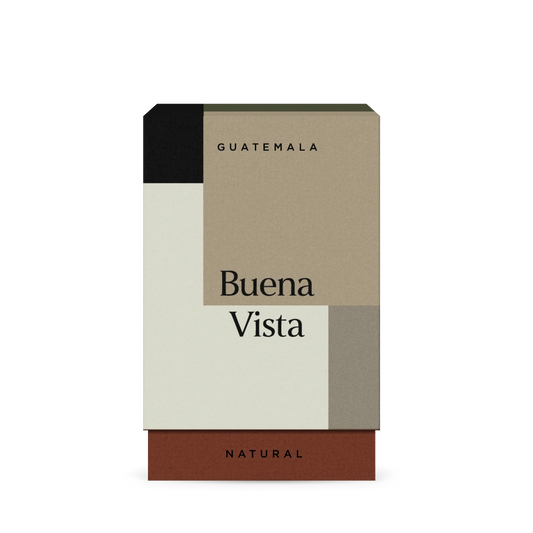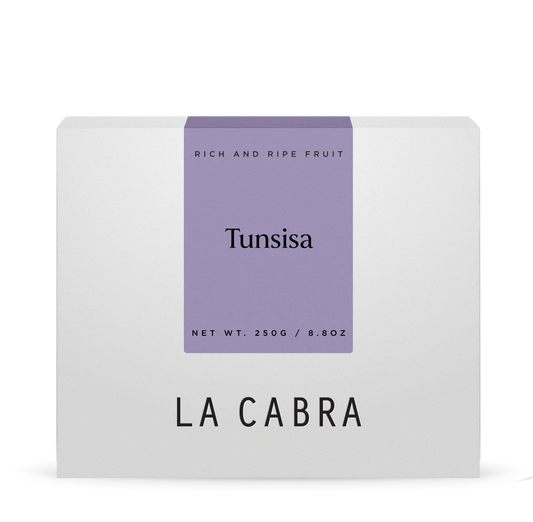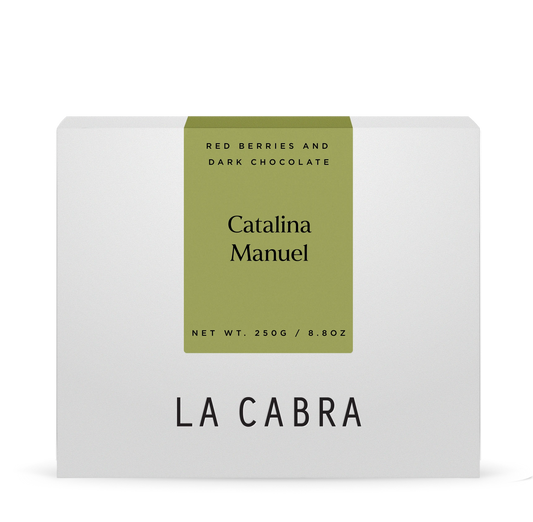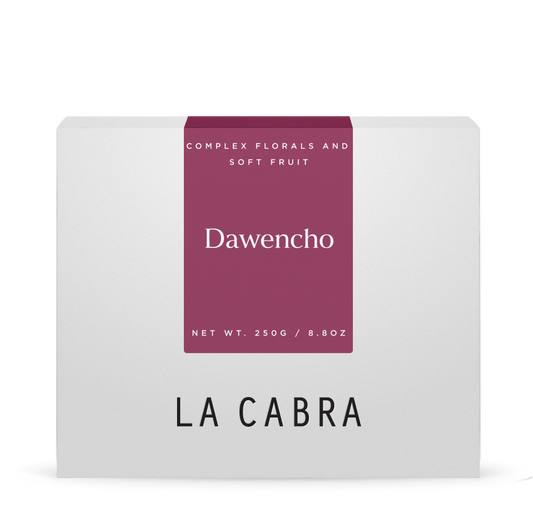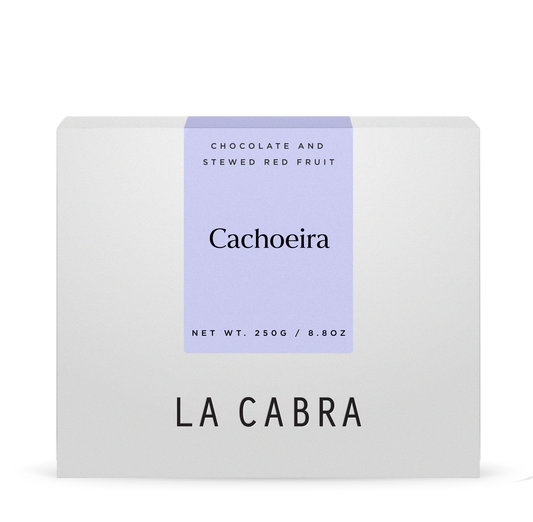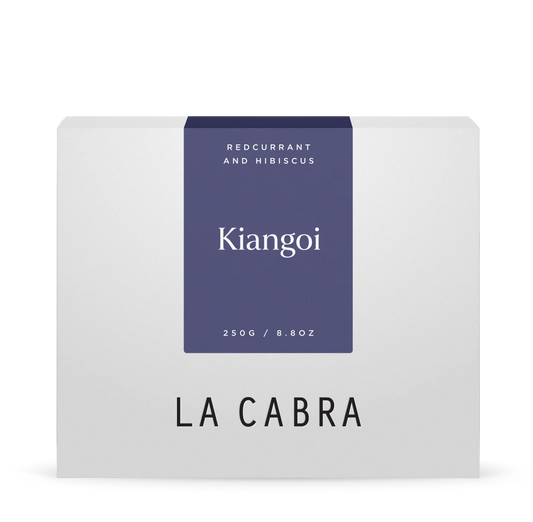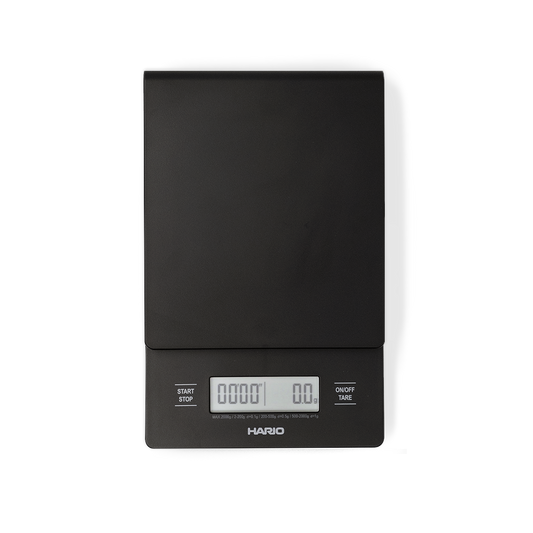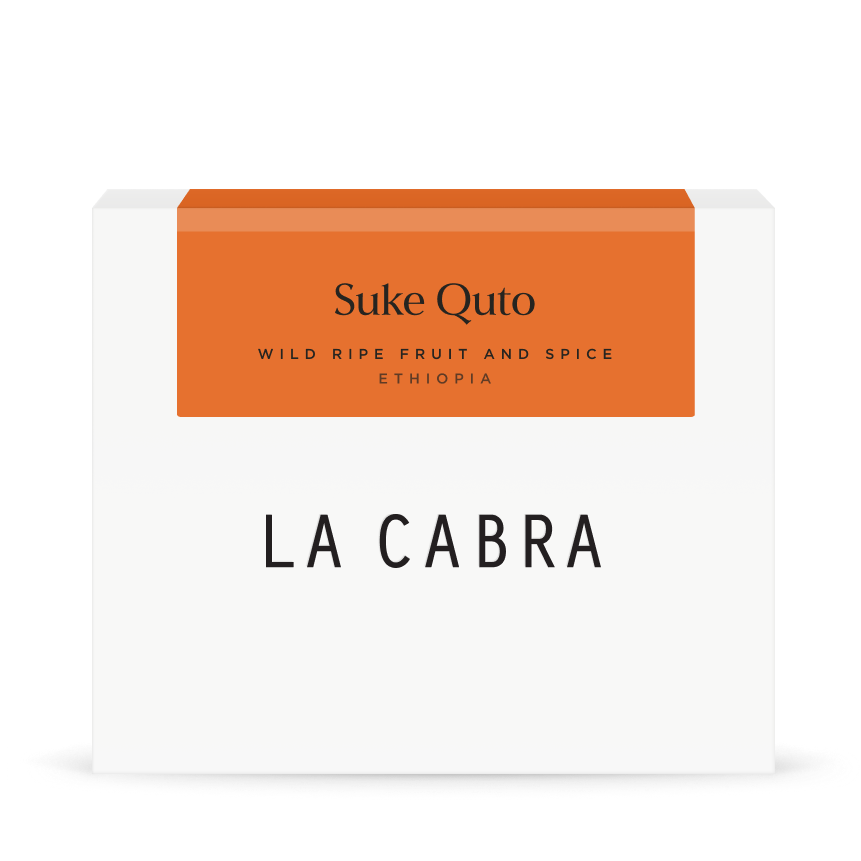
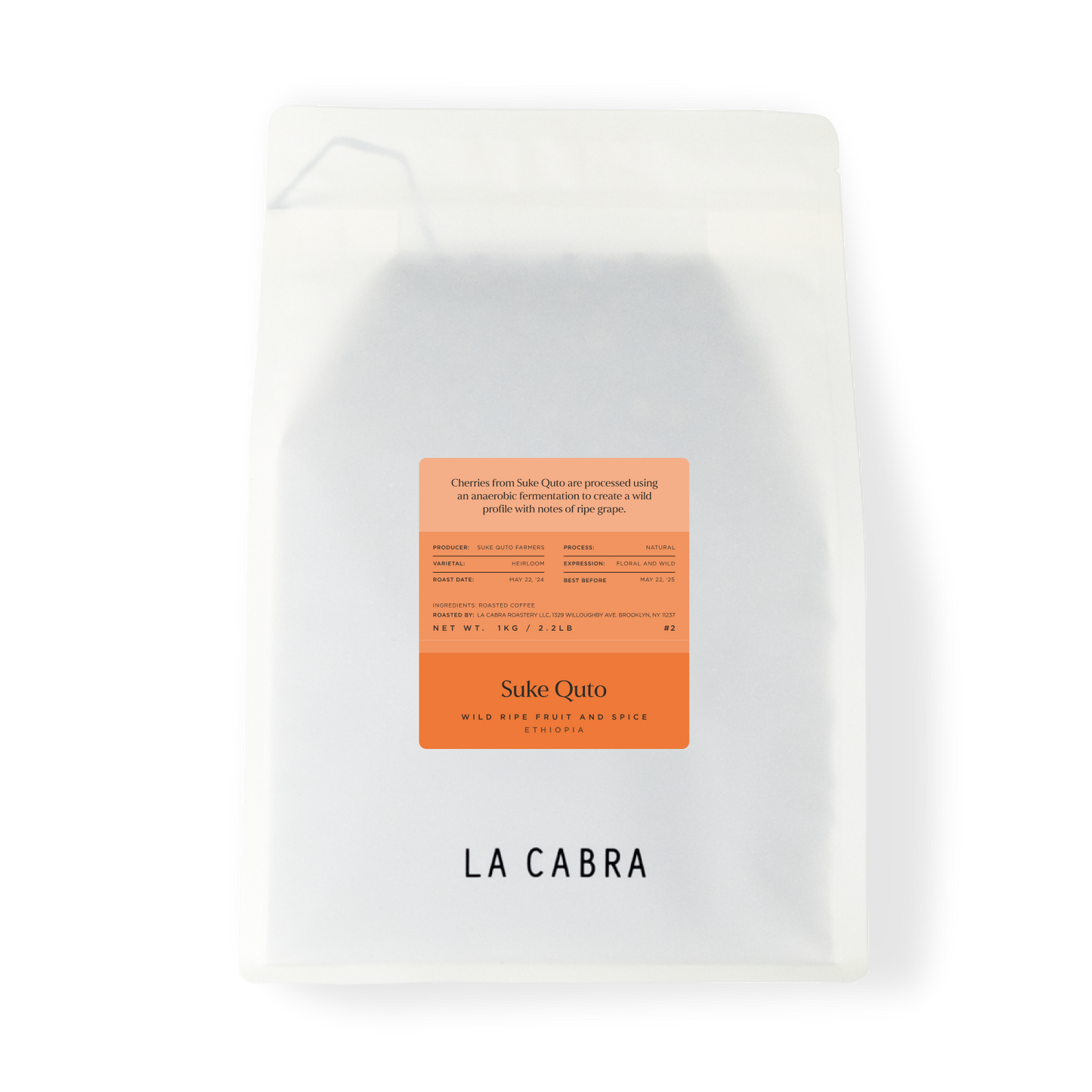
Suke Quto
This lot is composed of cherries collected from the village of Suke Quto in Guji, and processed at Sookoo Coffee’s station just outside of town. Guji lies in the southern Ethiopian highlands, in the same Rift Valley as the Yirgacheffe and Sidamo coffee growing regions. Suke Quto is one of Guji’s many small coffee growing villages, near the larger town of Shakiso, at an altitude of over 2100 masl.
The Suke Quto station was the first that Ture Waji built when starting Sookoo in 2017. Since then, he has gone from strength to strength; Sookoo is now one of the most sought after specialists in naturally processed coffee in all of Guji, and his connections and history with coffee growing in the region has led to interesting partnerships and growth for the company. This lot is a great example, a 72 hour anaerobic fermentation is followed by a long and slow drying on shaded beds, leading to a wild and aromatic profile. Here, we are reminded of very ripe purple grapes, and an interesting finish reminiscent of warm baking spices.

Ethiopia
In Ethiopia, coffee still grows semi-wild, and in some cases completely wild. Apart from some regions of neighbouring South Sudan, Ethiopia is the only country in which coffee is found growing in this way, due to its status as the genetic birthplace of arabica coffee. This means in many regions, small producers still harvest cherries from wild coffee trees growing in high altitude humid forests, especially around Ethiopia’s famous Great Rift Valley.
-v1726151476474.jpg?1440x1440)
Forest coffee makes up a great deal of Ethiopia’s yearly output, so this is a hugely important method of production, and part of what makes Ethiopian coffee so unique. Deforestation is threatening many of coffee’s iconic homes in Ethiopia, leading to dwindling yields and loss of biodiversity; significant price fluctuations over the past decade have led many farmers to replace coffee with fast growing eucalyptus, an incredibly demanding crop in terms of both water and nutrient usage.
-v1726151478099.jpg?1440x1440)
Throughout these endemic systems, a much higher level of biodiversity is maintained than in modern coffee production in much of the rest of the world. This is partly due to the forest system, and partly down to the genetic diversity of the coffee plants themselves. There are thousands of ‘heirloom’ varieties growing in Ethiopia; all descended from wild cross pollination between species derived from the original Arabica trees. This biodiversity leads to hardier coffee plants, which don’t need to be artificially fertilised. This means that 95% of coffee production in Ethiopia is organic, although most small farmers and mills can’t afford to pay for certification, so can’t label their coffee as such.
The absence of monoculture in the Ethiopian coffee lands also means plants are much less susceptible to the decimating effects of diseases such as leaf rust that have ripped through other producing countries. Maintaining these systems is important, both within the context of the coffee industry, and for wider biodiversity and sustainability. Our primary partners in Ethiopia, Moplaco, have made it their mission to inform of this destruction, and to continue supporting the communities they work with in order to make coffee a profitable and attractive business for smallholder farmers.
-v1726151479044.jpg?1440x1440)




